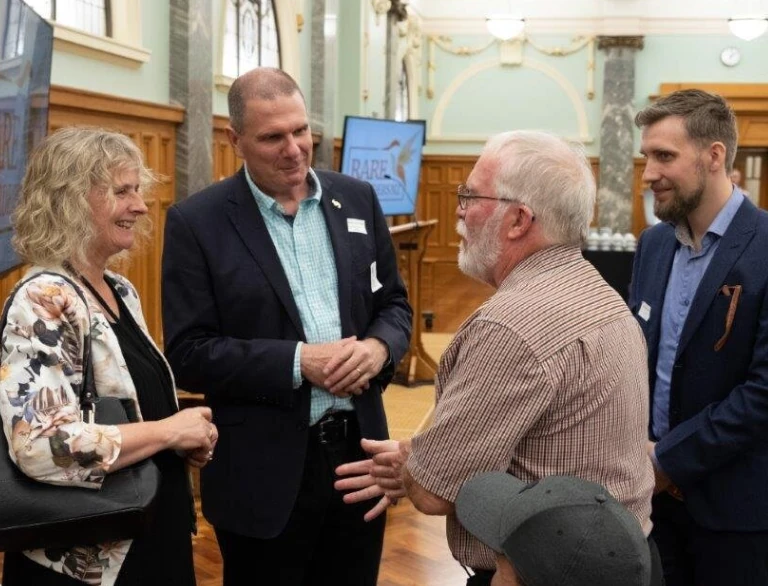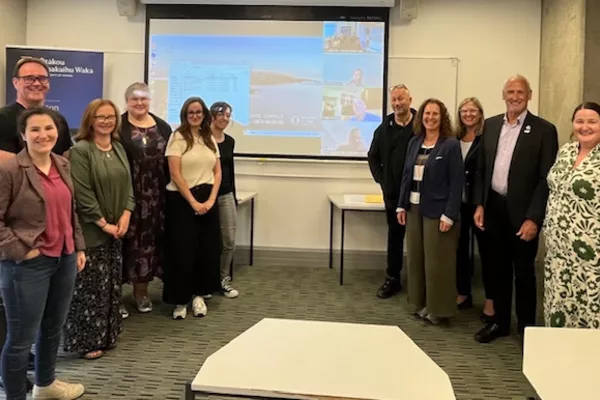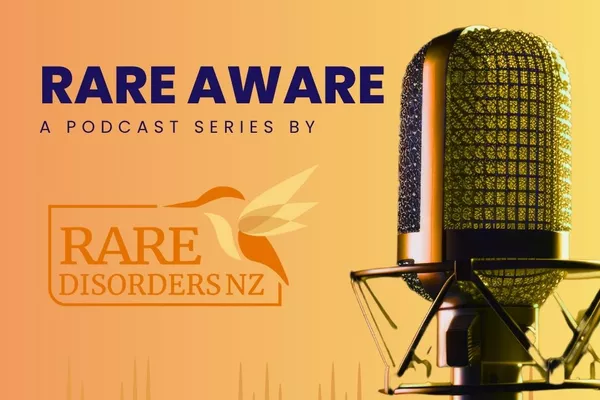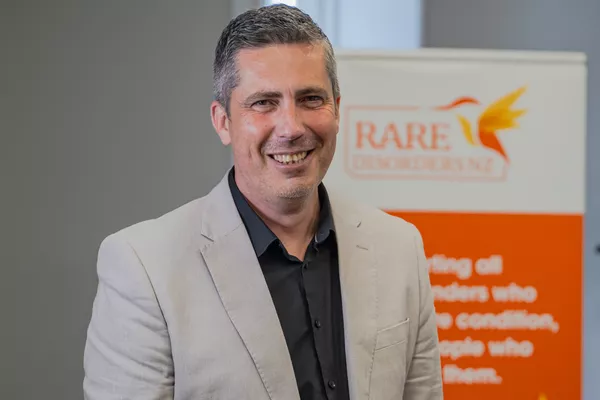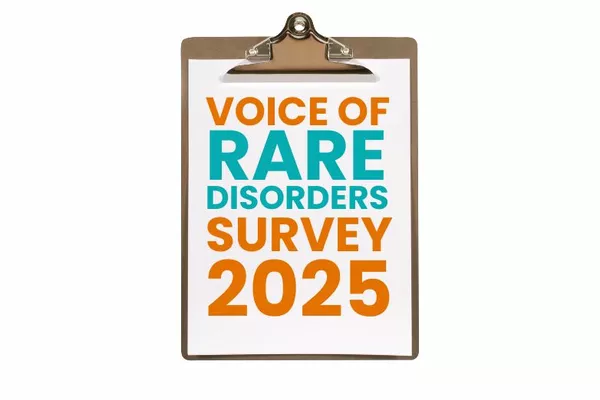Implementation of the Rare Disorders Strategy
Working to ensure the Strategy leads to change
From Intention to Action
The Rare Disorders Strategy outlines the Government's intentions to improve health outcomes for people living with a rare disorder.
While the Strategy guides the long-term priorities for health entities over the next 10 years, the need for improvements for rare disorders remains urgent.
Government entities responsible for implementing and monitoring Strategy
- The Ministry of Health – Manatū Hauora
- Health New Zealand – Te Whatu Ora
- Pharmac – Te Pātaka Whaioranga
- the Health Quality & Safety Commission - Te Tāhū Hauora
The Ministry of Health is responsible for supporting these entities to make plans for actioning strategy priorities. The entities are required to report progress against their plans in their performance reports and annual reports.
Aotearoa New Zealand Rare Disorders Strategy, p. 22
Implementation progress
- At Rare Disorder NZ's request, Manatū Hauora | The Ministry of Health endeavoured to gather the government agencies tasked with implementing and monitoring the Strategy to discuss implementation.
- Unsuccessful due to Te Whatu Ora | Health New Zealand declining to engage while Te Whatu Ora undergoes their current reset. (Correspondence with Te Whatu Ora | Health New Zealand and Manatū Hauora | The Ministry of Health can be found here.)
- Rare Disorders NZ wrote to Hon Dr Shane Reti, Minister of Health (letter here), and Professor Lester Levy, Commissioner Te Whatu Ora | Health New Zealand (letter here) to urge them to prioritise planning the implementation of the Strategy.
- Hon Dr Shane Reti's response can be found here.
- Response from Lester Levy can be found here.
- Rare Disorders NZ made an OIA request for the implementation options and minutes from the Executive Leadership Team's discussion about implementing the Rare Disorders Strategy. See OIA papers here.
- TVNZ covered the lack of action to implement the Strategy:
- On 14 May 2025 Rare Disorders NZ hosted a roundtable at parliament to initiate discussions on the Implementation of the Rare Disorders Strategy in an effort to get work underway, due to an absence of any government action. The two focus areas of the day’s discussions were on diagnosis and access to rare disorder medicines. In attendance were executives from the Ministry of Health, Health NZ, Pharmac, specialists, industry, parliamentarians and consumer representatives.
- On 15 May 2025 Rare Disorders NZ met with Hon Simeon Brown, Minister of Health. He acknowledged work needed to get underway on the implementation of the Rare Disorders Strategy and undertook to arrange a meeting with the agencies responsible for implementing the Strategy.
- On 11 November 2025 Rare Disorders NZ attended a roundtable meeting in the Minister of Health's office with the Ministry of Health – Manatū Hauora, Health New Zealand – Te Whatu Ora, Pharmac – Te Pātaka Whaioranga and the Health Quality & Safety Commission - Te Tāhū Hauora. The purpose of the meeting was to begin discussions on an implementation plan for the Rare Disorders Strategy. Prior to the meeting we made it clear to the Minister that there were four outcomes we wanted to achieve. View our letter to the Minister here. He agreed these were reasonable and directed the officials present at the meeting to confirm how they would meet these expectations.
We succeeded in achieving all four outcomes:
1. Leadership and Oversight - Each agency appointed a senior lead to oversee the implementation of the RDS.
2. Implementation Planning - Agencies will develop an implementation plan to support the delivery of the RDS. These plans will outline key actions, timelines, and responsibilities. A draft consolidated implementation plan will be provided to the Minister early 2026.
3. Ongoing Coordination – The senior lead from the Ministry of Health will chair a cross-agency forum to oversee delivery of the RDS. The group will include Rare Disorders NZ, Health New Zealand, Pharmac, and HQSC, and intends to meet every six months.
4. Accountability and Reporting - Health New Zealand, the Ministry of Health, and Pharmac will report on progress through their existing performance and accountability mechanisms. View letter from Ministry of Health confirming outcomes. - On 1 December 2025 we received this letter from the Minister of Health confirming his expectations.



